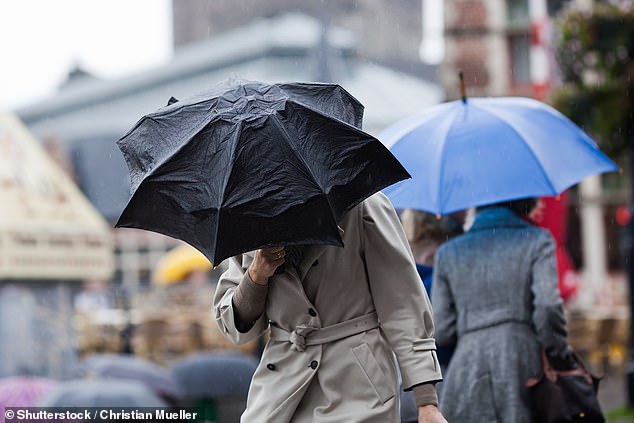Table of Contents
Are you feeling stressed this holiday season? You are not alone.
Stress levels rise during December, with almost half of the UK population reporting feeling anxious.
And it’s not just the pressure to prepare a perfect Christmas dinner or panic-buy gifts. Studies show that the stress hormone called cortisol is already higher during the winter due to the cold weather and lack of sunlight.
Elevated levels can also increase the risk of weight gain, headaches, and even heart problems.
Now experts have revealed the simple steps we can take to reduce our cortisol and reduce stress.
“One of the key things needed to reduce cortisol is getting outdoors and exposed to daylight,” says Dr Ruqia Zafar, NHS GP and medical director of Future Woman hormone clinic.
This is because vitamin D, obtained through direct sunlight, is necessary to create melatonin, the hormone that regulates our sleep. Research shows that poor sleep levels cause an increase in cortisol, which is why vitamin D is vital.
However, studies show that most Brits do not get enough vitamin D during the winter due to a lack of sunlight.
High levels of stress at Christmas can increase the risk of weight gain, headaches and even heart problems, but our cortisol can be reduced by exercise and exposure to fresh air (file photo)
An estimated one in six adults and nearly one in five children have vitamin D levels below recommendations, putting them at greater risk of cortisol spikes, the Department of Health reported in 2022.
“So in the winter, if you wake up when it’s still dark and have to rush to work, you won’t be exposed to the sunlight your body needs to keep your cortisol under control,” says Dr. Zafar.
Another trigger for increased winter stress levels is that people are spending less time in nature.
Studies show that spending just 20 to 30 minutes a day outdoors can reduce cortisol levels, lower blood pressure, and boost the immune system.
Additionally, unhealthy eating and drinking during Christmas can raise blood sugar levels. This has also been shown to increase cortisol.
Dr. Zafar says another important way to reduce cortisol is to spend time doing… nothing.
“This could mean spending more time away from your phone and devices, or going outside,” he adds.
It is also believed that the afternoon sunlight helps and prepares us to relax at night. However, digital screens, which are high in blue light, do the opposite at night: they keep cortisol levels high and reduce melatonin levels by mimicking daylight.

The stress hormone cortisol is already higher during winter due to cold weather and lack of natural light (file photo)
Dr. Zafar says there are supplements patients should take.
‘You may also want to consider taking vitamin D and magnesium supplements, which help with sleep. But be sure to consult with your GP first.
For those with little exposure to sunlight, a daily vitamin D supplement containing ten micrograms is recommended from October to March in England, Wales and Ireland, and year-round in Scotland.
Or, he adds, there may be an even simpler solution: “Just set aside a few minutes each day to breathe deeply.”

